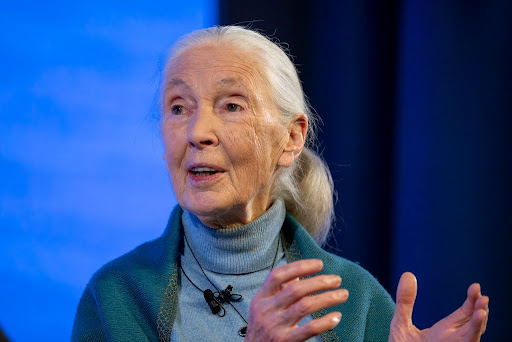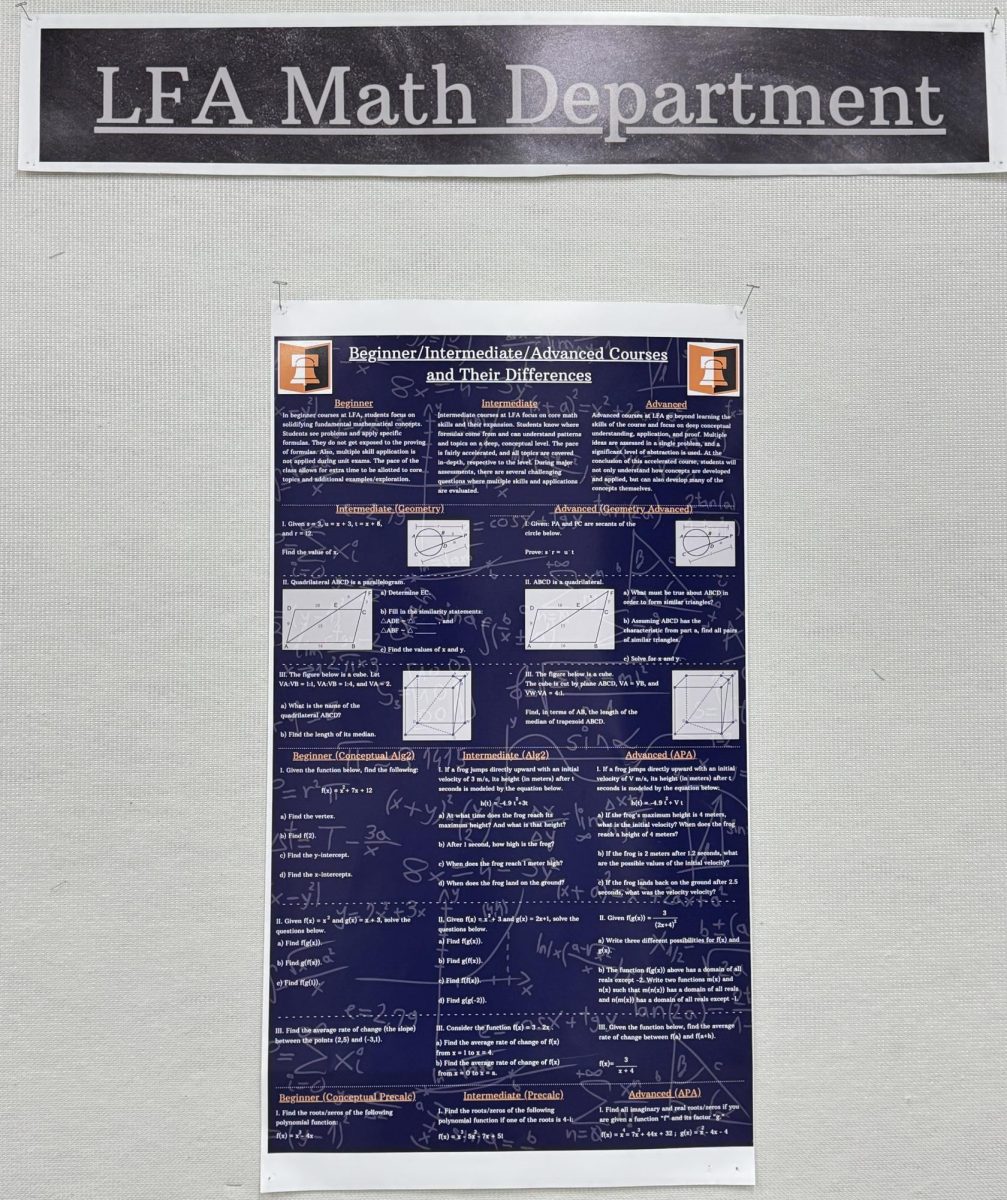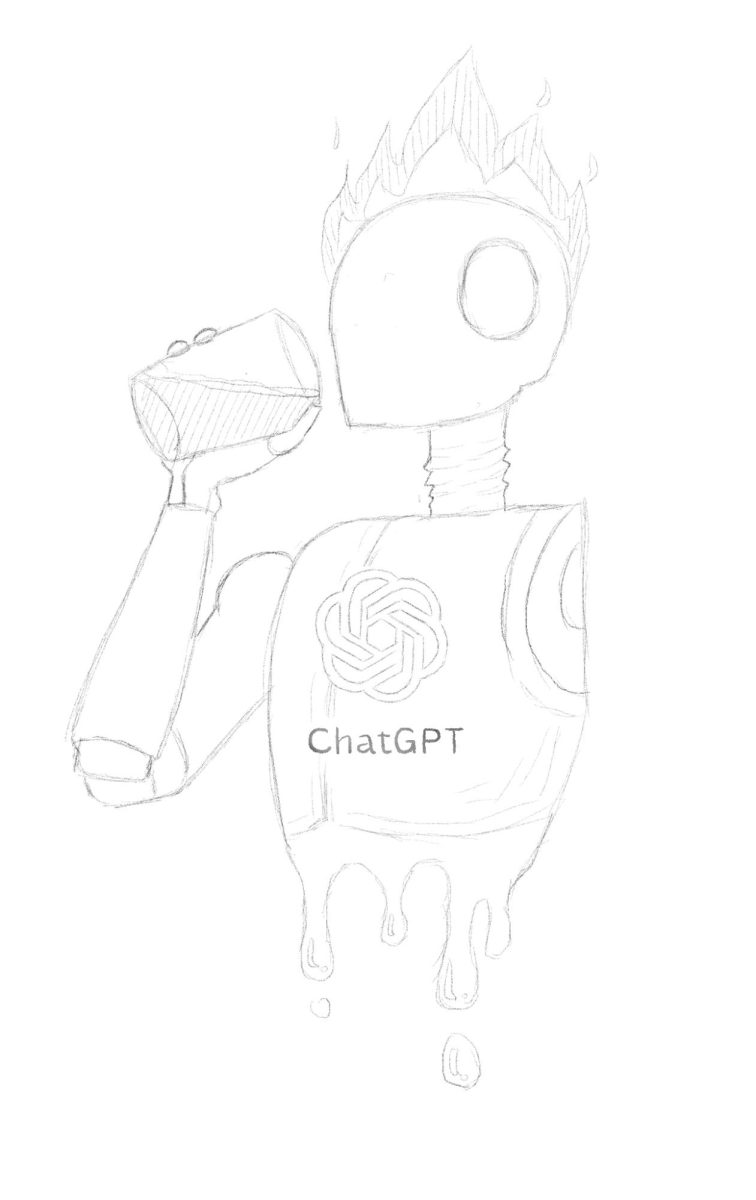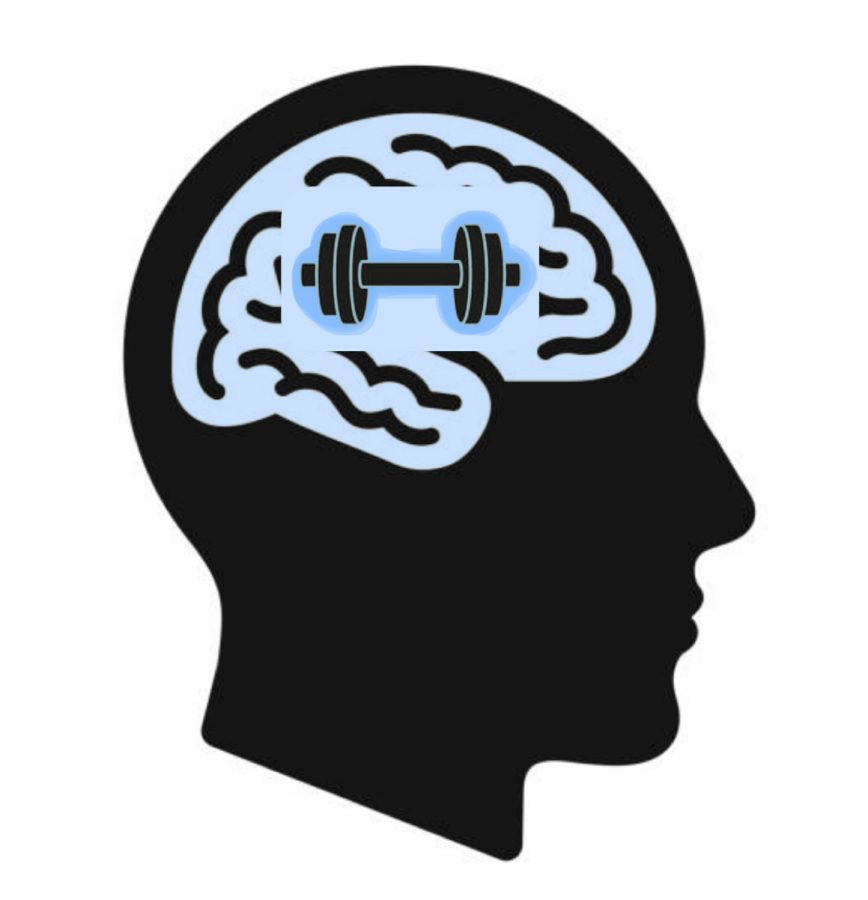The State of Mental Health Amidst the Pandemic
Photo by Mia Wa
Maintaining mental health amid social isolation is crucial. Just as LeBron James states in his partnership with the Calm App, “The mind is like a muscle; the more you train it, the stronger is becomes.”
May 5, 2020
The COVID-19 pandemic has forced unprecedented circumstances upon the whole world; we are all being affected in one way or another.
Since the beginning of our existence, humans have been hard-wired to fear the unknown: a defense mechanism which has served our best interests in countless situations. Fear can act as a motivator to protect our physical health, but too much of it can produce anxiety and apply pressure to our mental state. This emotion is a double-edged sword, and in recent months, we have all been touched by both sides of it. In our desire to protect our own health and the health of others, we have committed to the practice of social distancing. Shelter-in-place orders have begun to “flatten the curve,” decreasing the number of new cases. This is certainly a positive outcome.
On the other hand, the side effects of social distancing, including sudden deprivation of human connection and the downturn in the economy, have generated immense anxiety and sadness, contributing to a spike in mental unhealth. According to a recent poll, nearly half (45%) of adults in the United States report that the climate surrounding the coronavirus has negatively impacted their mental health (Kirzinger, 2020). Teenagers are especially affected by feelings of depression and loneliness. More than ever, our world is in need of healthcare professionals–not only to treat our bodies, but our minds as well.
In response, those who provide mental health services have begun to use teletherapy to continue their work with their clients.
Dana Cohen, a licensed clinical social worker at Grand Oaks Behavioral Health in Libertyville, explained telehealth and teletherapy to be “any [health service] provided over telephone or video.”
Healthcare professionals conduct calls and meetings through HIPAA-compliant services. These specialized applications have been vetted and deemed reliable and reliably secure by HIPAA, so clients can be confident that their private information is protected. Before the pandemic, it was unacceptable to conduct any remote services without using a HIPAA-compliant program, but restrictions have been loosened due to the unprecedented circumstances of mass social-isolation and increasing mental health concerns. Healthcare professionals must first attempt to conduct their meetings through HIPAA-compliant systems, but if the connection is poor, or the program malfunctions, they are now allowed to speak to clients through FaceTime, Zoom, or Google. This technology is rapidly evolving, so we’ll likely see even more changes in the near future. Insurance companies are slowly following suit; many are beginning to change policies to cover services that previously would not have been permitted to take place online or over the phone.
Cohen recognized that though teletherapy has proven to be a convenient and effective way to provide support to clients under these circumstances, online interactions can’t always communicate all the subtleties of an in-person experience.
When it comes to the possible obstacles for starting new clients relationships during the pandemic, Cohen acknowledged, “It’s hard to say…but I think that growing the rapport of the therapeutic relationship could definitely be harder.”
If you want to begin a relationship with a social worker or therapist during this time, there are a couple ways to most efficiently seek out and get in touch with these professionals. It is generally most convenient to get in touch with your insurance company, make them aware of your needs, and then you can familiarize yourself with the professionals/services that they cover and choose one which you feel will suit you best. You could also visit the website, “Psychology Today” to find a mental health professional to connect with.
Even though the current climate threatens to evoke feelings of helplessness, some people have managed to use their time alone to work towards personal betterment. Individuals around the world have taken advantage of their extra time to exercise their creativity and pick up new hobbies. Cohen reported that while quarantined, both she and her clients have been able to reconnect with people from their past and grow relationships that had previously been lost.
Cohen emphasized that it is especially crucial for everyone to process and connect to their emotions during this time; it can be extremely beneficial to give a name to feelings and (if comfortable) share these revelations with supportive friends/family. Making a habit of internalizing negative feelings can have very detrimental impacts on one’s mental health.
She added that, “a lot of people have been saying it’s okay not to be okay – that’s valid, but it’s also important to talk to somebody about it.”
She also stressed that it is crucial for people – especially teenagers – to set a schedule for themselves and establish a designated workspace in their home to help keep a focused mindset. Something as simple as changing out of your pajamas and into a new set of sweats can help motivate people to maintain concentration in their work. It is also important to set some time aside each day to go outside and be active.
It can be overwhelming for our minds to constantly process a repetitive stream of news. If you’re feeling swamped, Cohen suggests that you limit time spent on social media and intentionally schedule times to tune into the news a few times a week, instead of letting it constantly play.¢
Cohen reminded, “This is not going to last forever. [We should] focus on what we can control instead of things that we can’t. It’s hard to do that, but it’s something I recommend.”
Even though we are all physically separate from one another, this pandemic has offered a rare opportunity for universal unity and empathy; on some level we have all experienced grief over these circumstances. What matters is how we use these feelings to fuel our motivation to face whatever comes next with strength.





































